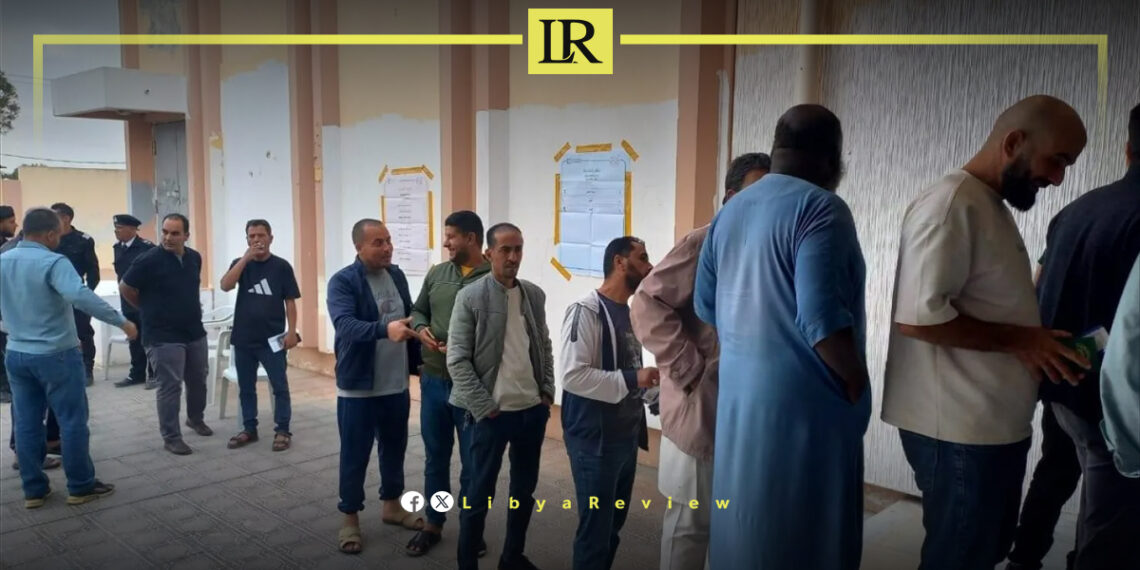Libya is poised to enter the second phase of its municipal elections, scheduled for the end of January, in what is widely seen as a more challenging and complex undertaking compared to the first round held in November.
This next phase will involve 63 municipalities, including politically significant areas such as Tripoli and Benghazi. It is being closely watched as a potential step toward stabilizing the country, which has been mired in political turmoil and security challenges since 2011.
The High National Elections Commission (HNEC) has acknowledged the logistical demands of this round, with voter turnout and polling centers expected to triple. Chairman Emad Al-Sayeh emphasized the importance of robust logistical support, underscoring the high stakes of this electoral effort. While the exact date has not yet been announced, preparations are in full swing.
The stakes are particularly high because this phase includes Libya’s largest and most politically influential municipalities. Analysts have pointed out that these elections are not just about local governance but represent a critical litmus test for the country’s ability to hold broader national elections, including long-delayed parliamentary and presidential votes.
In eastern Libya, HNEC officials have been working with local election offices to ensure readiness and transparency. Security measures are also in place, with assurances from Libya’s Interior Minister of the Parliament-designate government, Essam Abu Zariba, who stressed that election protection units are prepared to oversee the process.
Addressing concerns about tribal tensions, Abu Zariba characterized such dynamics as competitive but democratic, reflecting Libya’s deeply rooted tribal social structure.
The western region, however, presents a more volatile environment. Security risks remain prominent, especially in areas like Zawiya, where ongoing military operations against drug trafficking and fuel smuggling have created tensions.
The situation has been further complicated by recent protests triggered by leaked revelations about a past meeting between former Libyan Foreign Minister Najla Al-Mangoush and her Israeli counterpart. These developments have raised fears of disruptions from armed groups linked to political factions.
Political analysts warn that the elections challenge the status quo for leaders who have held power since the failed national elections of 2021. By pushing forward with these municipal elections, Libya could undermine the “force majeure” argument that has stalled progress on presidential and parliamentary votes, potentially reshaping the country’s political landscape.
Despite these challenges, optimism remains. The first phase of municipal elections was widely praised for its peaceful conduct and high voter turnout, which reached 74%. Observers and international organizations, including the UN Security Council, have expressed strong support for Libya’s electoral efforts. Additionally, tribal leaders from across the country have backed the process, emphasizing the elections’ role in fostering unity and stability.
Many see the success of this second phase as a crucial step toward broader democratic reforms. While logistical and security concerns loom large, the collective determination of Libyans to participate in the electoral process offers hope. If the elections succeed, they could set the stage for national stability and unlock the path to long-awaited parliamentary and presidential votes.
Libya stands at a crossroads. The upcoming elections represent both a test of the country’s resilience and an opportunity to move closer to the stability and democracy its citizens have long sought. Overcoming the hurdles of this second phase could mark a turning point, signaling a brighter future for a nation eager to move beyond years of division and conflict.


